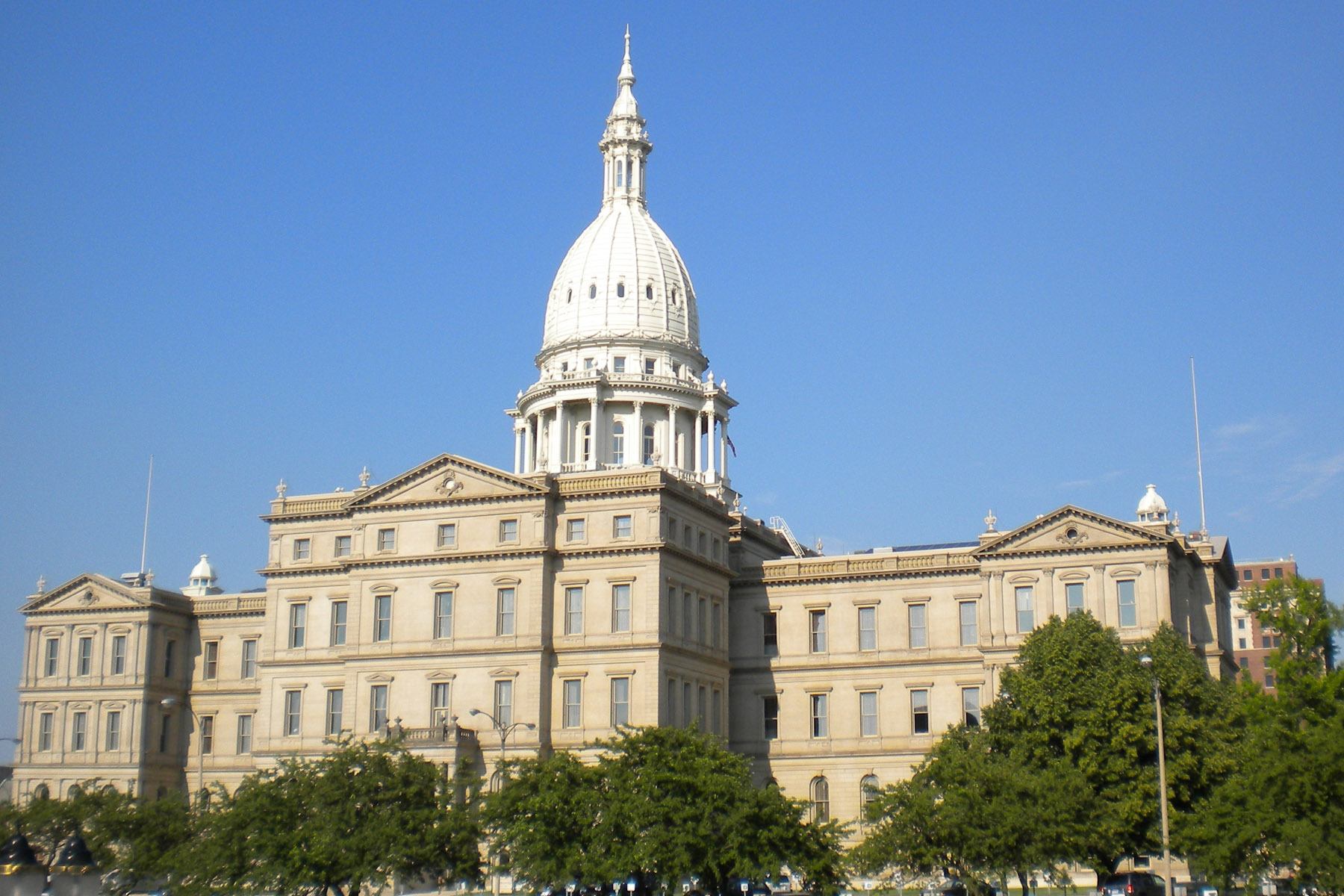A pilot project in inner-city Baltimore demonstrated that, “above all else low-income residents will recycle when provided the means, education and incentive to do so.” The project was coordinated by Dante Swinton, Energy Justice Network (EJN) in cooperation with the Westport Neighborhood Association.
The pilot project was carried out in the shadows of the Baltimore garbage incinerator in downtown Baltimore, one of the leading sources of air pollution in the city.
Using a grant from the Abell Foundation 95 households were given new recycling bins, and 5 block captains were recruited and special public awareness meetings were held for residents. Recycling rates jumped to 25% along the pilot routes, which is higher than the 20% overall city recycling rate. Furthermore, for households whose members attended meetings the recycling rate was even higher. They reached 30% according to Jessica Wynter Martin, an EJN staffer.
“Efforts will continue to expand recycling,” according to Keisha Allen, President of Westport Neighborhood Association. The Divert Westport Challenge will, she stated, “continue to inspire other neighbors to recycle as much as possible so that we can eliminate trash incineration in Baltimore and repurpose our waste into other uses.”
Interesting features of the project included:
- $2,500 fees paid to Block Captains
- Awards of between $400-$1,200 to participating households
By increasing recycling the project saved the city money as recycling costs $20 per ton as compared to incineration which costs $50 per ton.
Also see the project results PowerPoint presentation here. Get more information about the pilot program at Clean Air BMore’s website.
For more information contact: Jessica Wynter Martin — jessica@energyjustice.net or Dante Swinton —dante@energyjustice.net.
Read more in, “Westport, Lakeland, and Mt Winans Recycling Pilot Proves Baltimoreans Will Recycle When Supplied With Recycle Bins, Education and Cash Incentives,” published in The Baltimore Times on January 22nd, 2018.
Follow the Institute for Local Self-Reliance on Twitter and Facebook and, for monthly updates on our work, sign-up for our ILSR general newsletter.





